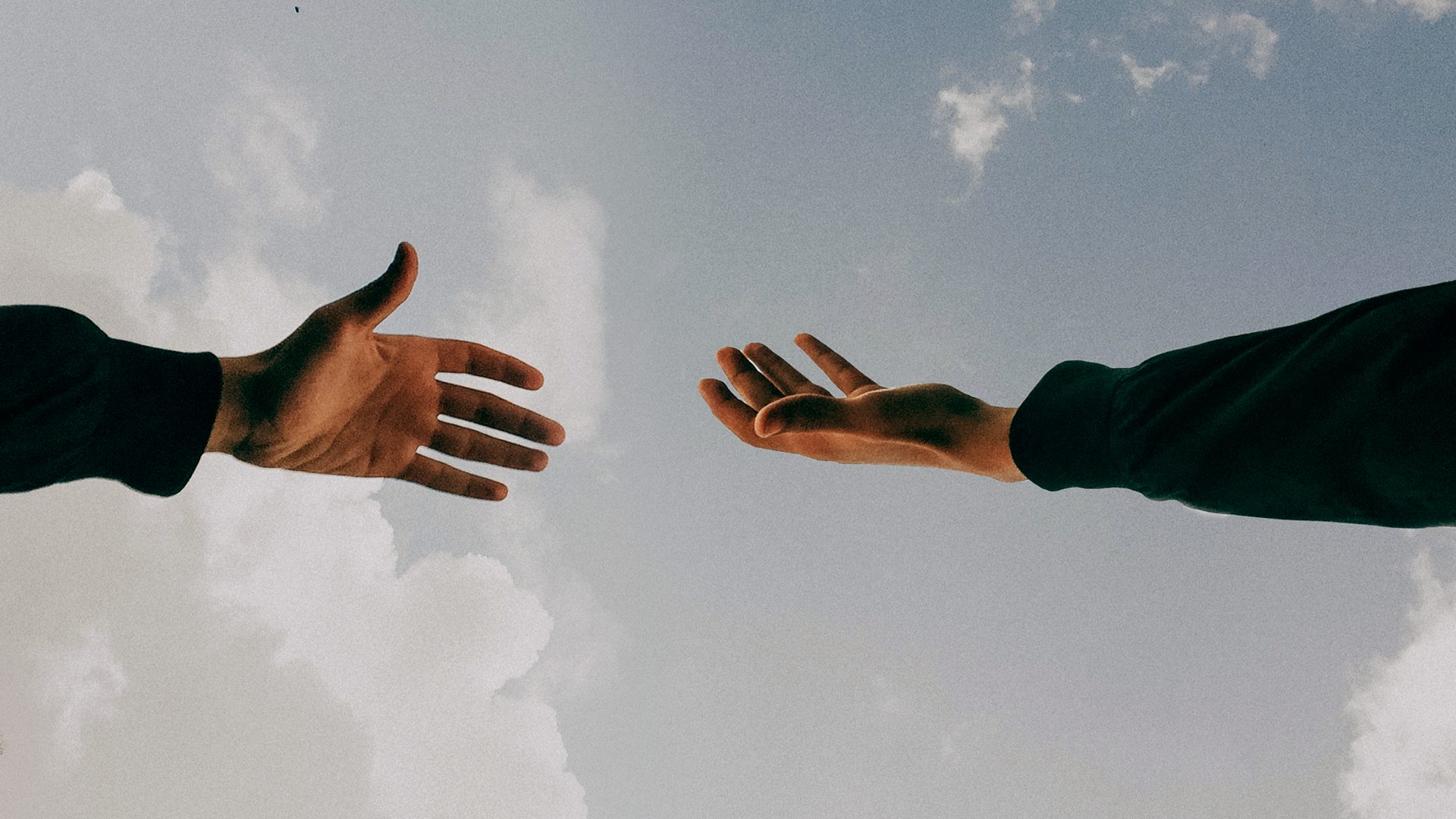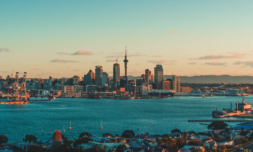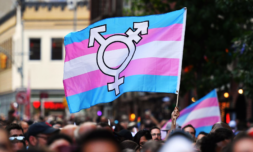This week is Humanitarian Day, and the best way to preserve our humanity is by economising our frontline workers, not our wallets.
Ahead of the UK’s ‘Freedom Day’ on 19 July, polls revealed that most people weren’t ready for lockdown restrictions to be lifted.
With Boris Johnson claiming this day would lead to an ‘inevitable’ third wave of infections and deaths, the pandemic has highlighted humanity takes a distant second place on our leaders’ list of priorities.
From this week, the NHS’s ‘pingdemic’ is no longer a fear for the fully vaccinated English. The final lift in restrictions arrives four weeks after ‘Freedom Day’, yet, somehow, it feels as though the coronavirus pandemic is now a mere memory.
I travelled back from Italy last month, and stepping onto British terrain felt like walking into a parallel universe. No masks indoors, no masks on trains, no masks in the airport. I remember thinking: ‘Have I travelled back to summer 2019?’
Alas, I discovered I don’t have magical time-travelling powers or the capacity to regenerate.
It comes as no surprise though. Especially when the nation’s leaders have stood by the ‘herd immunity’ concept since the very beginning. And now, even though the new variants have rendered it ‘mythical’, Sajid Javid, the UK’s health secretary, continues to push the same agenda.
He claims that the final changes in restrictions are part of a ‘step back towards normality’. But for those who haven’t already started acting like we’ve hit normalcy, it only takes turning on the television or scrolling through Twitter to see that we aren’t anywhere close to it. Not really.
The truth is we might never go back to life as it was pre-pandemic. Unless the government starts listening to the public.
Of the people polled, 66% were anxious about removing face coverings, and less than 5% said they wouldn’t wear masks or continue social distancing after 19 July.
Reuters also reported that 66% of people wanted most, or all, restrictions to stay in place and 60% would continue to wear face coverings everywhere.




















